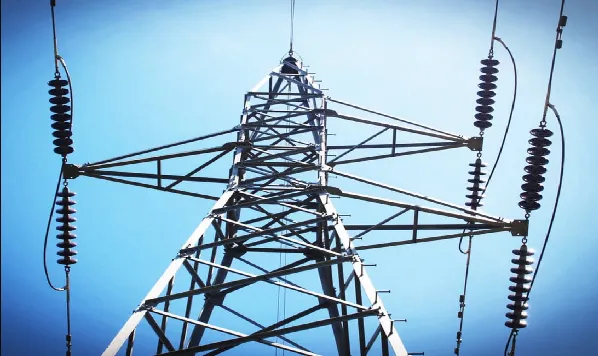
Should Japan rethink its approach on power system stabilisation?
Supply-demand balance has been difficult to achieve.
Japanese electricity's self-sufficiency has become very low post Fukushima. Reliance on fossil fuel has become high since then and it has become a challenge now to slowly get off fossil fuel, according to Yoshiharu Ijima, executive specialist at the smart energy business unit of NEC Corporation.
Renewable energy is rapidly expanded by the feed-in tariff program which was introduced in July 2012, and the solar power generation sector has spread significantly since then. However, he added that due to limitation of suitable places for large-scale systems and a decline of the purchasing price, the FIT introduction amount will decrease temporarily. It is also assumed that solar for household use will grow steadily and the market of housing manufacturers' potential will be high.
"As promoting the introduction of renewable energy, maintaining supply-demand balance is becoming more difficult. Japan must therefore adopt a new approach toward power system stabilisation. The environmental change of energy market increases rapidly the difficulty of stabilising power supply and the burden of power grid operator," he added in a speech at The World Smart Energy Week 2017.
"To solve this, there must be a shift from central control to a dispersed harmonic control. Firms must be sharing the responsibility of adjusting supply and demand for electric energy with stake holders. This will urge each player to take responsibility of adjusting power supply and demand. If this is done continuously, then Japan will eventually depart from dependence on thermal power plant."
The World Smart Energy Week 2017 is currently being held in Tokyo, Japan from March 1-3, 2017.

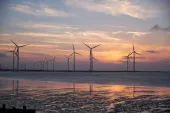
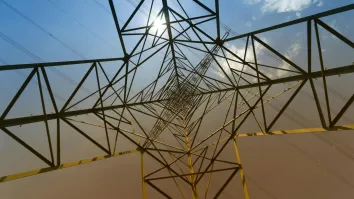
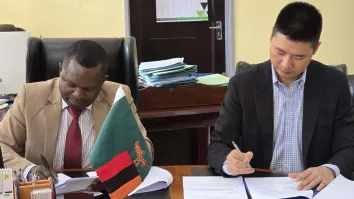
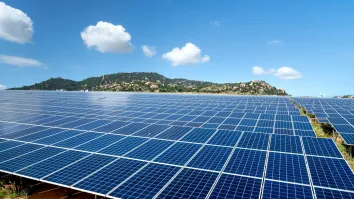
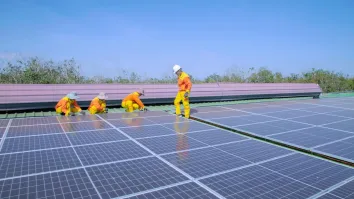













 Advertise
Advertise







